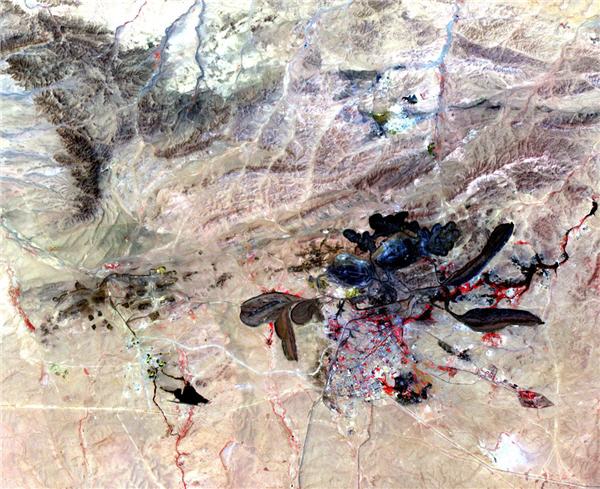China promotes development of strategic rare earths sector

China, the world’s largest supplier of rare earths, said it would coordinate the exploration, development, utilization and standardized management in the industry, the state broadcaster said on Friday, highlighting the importance Beijing attaches to the strategic mineral resource.
China accounted for 70% of global mine production of rare earths in 2022, followed by the United States, Australia, Myanmar and Thailand, United States Geological Survey (USGS) data shows.
But dominance in supply of rare earths in the world’s second-largest economy has been challenged by continued efforts made by countries outside China to diversify supply chain to reduce dependence on China.
Rare earths are a group of 17 elements used in products from lasers and military equipment to magnets found in electric vehicles, wind turbines and consumer electronics.
Rare earths came under spotlight again after Beijing announced in October to require export permits for some graphite products from December to protect national security.
This came after it unveiled in July export restrictions on gallium and germanium, widely used in the semiconductor industry, from August, choking off international shipments of the chipmaking metals in August and September.
Beijing controls its supply of rare earths in the form of issuing quotas, typically twice a year, which is also a way to address the longstanding problems with illegal mining.
China will stringently crack down on illegal mining in the industry, state broadcaster added.
Its full-year rare earths quota for mining output as well as smelting and separation in 2023 stood at 240,000 metric tons and 230,000 tons, respectively, both posing a year-on-year increase of 14%, versus an annual increase of 25% in 2022.
China’s exports of the 17 minerals in the first nine months of 2023 grew 6.6% on the year to 40,372 tons, customs data showed.
Meanwhile, its imports over the January-September period surged 49.2% on the year to 134,334 tons.
(By Amy Lv and Dominique Patton; Editing by David Evans)
{{ commodity.name }}
{{ post.title }}
{{ post.date }}




Comments